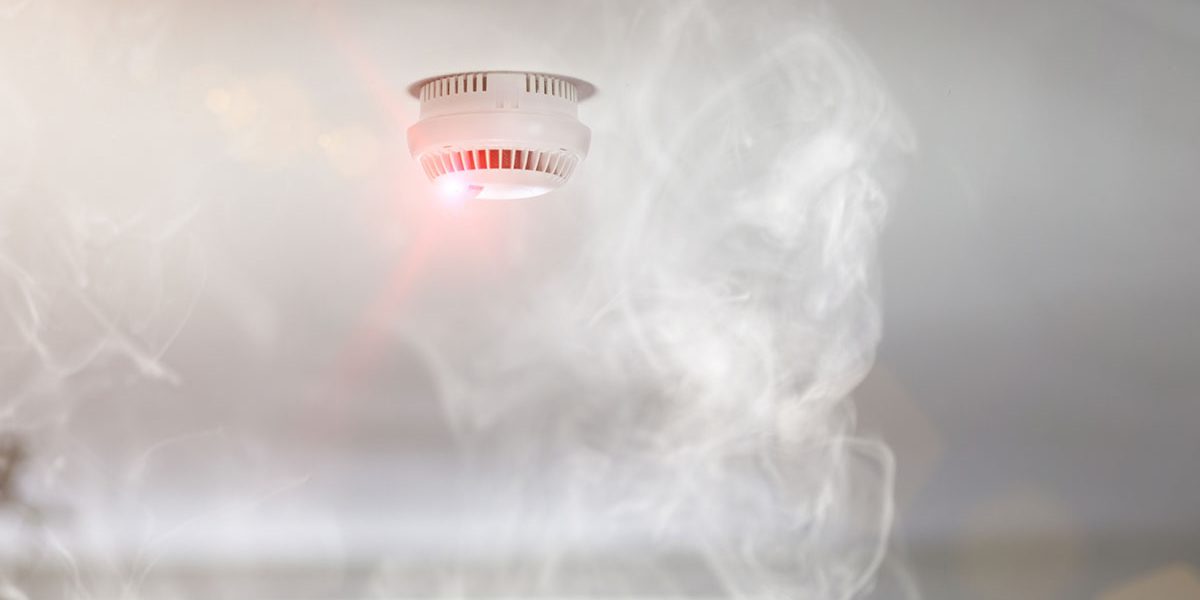While tornadoes, hurricanes and other natural disasters are among the most-feared hazards of homeowners, house fires are a much greater threat to the average American. Luckily, with some simple precautions, you can greatly reduce the risk of a fire, and prepare yourself and your family to escape quickly and safely if a house fire does happen.
Top Fire Safety Practices To Keep Your Family Safe
- Invest in smoke alarms. They are your first alert early warning system against house fires. Modern smoke alarms are cheap, easy to install, and reliable — as long as you test them regularly and change the batteries when needed. Make sure you have them placed strategically throughout your home, including the kitchen, bedrooms and hallways. Alarms are available today that are interconnected through Wi-Fi, so when one goes off they all will simultaneously.
- Have enough fire extinguishers available. Like smoke alarms, extinguishers are inexpensive, compact and readily available, and you should have them mounted in places that are easily accessible from your kitchen, bedrooms, utility room and garage.
- Check your insurance. Although taking careful precautions will help to protect yourself and your family from harm, even a small house fire can cause extensive damage to both your home and your belongings. Review your homeowner’s insurance to ensure that you’re adequately covered for fire damage restoration.
- Create a fire response plan. Make sure that your family members know where your smoke alarms and fire extinguishers are located and how to operate them. Draw up an emergency exit plan, ideally using a map of your home, showing the best routes of escape from every part of your house, and discuss it with your family. Conduct drills to make sure everyone knows what to do and where to go if a fire breaks out.
- Develop fire hazard awareness. Many fires in the home are caused by negligence or carelessness. Encourage family members to practice fire safety by not leaving food unattended while cooking; not leaving greasy, oily rags and flammable liquids exposed in the garage or workroom; and not placing space heaters or candles in close proximity to furniture and drapes.
- Close doors when sleeping. Research and experience have shown that a closed door can protect you from the spread of heat, smoke and fire.
- Have your home inspected. Crawl spaces and attics are common places for electrical fires to break out. Have an electrician check the wiring in your home for any issues that might lead to a fire. If you have a fireplace in your home, an annual cleaning and inspection can discover potential fire hazards and greatly reduce the risk of a chimney fire.
Adams & Coe wants to help ensure that you never experience a fire in your home, but if the worst happens, we’re here to provide professional fire damage restoration services to make your home like new again.


